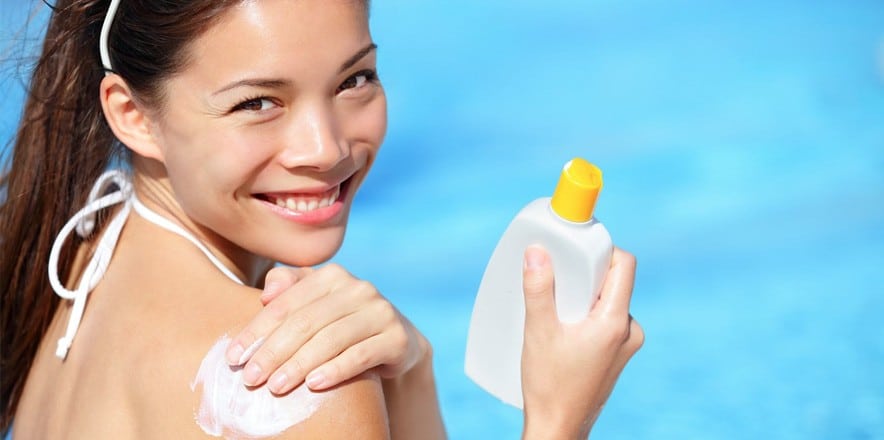Not All Sunscreens Created Equal
We live in an ocean-sprayed, sweaty and active world, and we want sun protection to let us live to the fullest in it. Until recently however, choosing the right sunscreen was a confusing process that required the consumer to decode labels that boasted words like sunblock, sweatproof and waterproof beside soaring SPF numbers and a host of other designations. It is no wonder the average consumer was baffled and unsure which products were the most beneficial. Fortunately, new FDA regulations have now armed the consumer with sufficient information to determine which product makes sense for their lifestyle.
Broad Spectrum Sunscreens
Save your skin and look for this label. Sunscreens designated as “Broad Spectrum” come with the highest FDA recommendation and protect against two kinds of the sun’s radiation, UVB and UVA. UVB rays are the chief culprit in sunburns and cancer. UVA rays play a major part in premature skin aging and wrinkling and also in skin cancer.
SPF Ratings
The American Academy of Dermatology dictates that only sunscreens with an SPF rating of 15 and above are allowed to maintain that they prevent sunburn and reduce the occurrence of skin aging and cancer. However, SPF of 30 and higher is strongly recommended. The highest SPF rating is 50+, but there is no concrete evidence that anything over 50 gives you added protection.
Water resistant
The FDA recommends that you buy water resistant sunscreens, with some labeled as resistant for either 40 or 80 minutes. Not all sunscreens will have this designation, but you can be sure that these products will offer extra protection while swimming or being active outside.
The Two Hour Rule
Sunscreen labels cannot claim to protect you for anything longer than two hours unless submitted for FDA approval and tested vigorously. So, lather up every two hours!
What Happened to Sunblock?
Manufacturers may not use the term sunblock on any product, because it is just plain false. You are safe to stick with sunscreen!
Instant Protection
You won’t see this phrase on any sunscreen labels anymore. It takes a minimum of 15 to 30 minutes for it to be effective, so apply it well before you step out into the sun.
Your skin is your introduction to, and defense against, the world. Keep it smooth, protected, and cancer free. When you go to the store, choose a bottle of Broad Spectrum, water resistant, and at least SPF 30 sunscreen, and apply it early and often to have the best experience possible in the sun.



